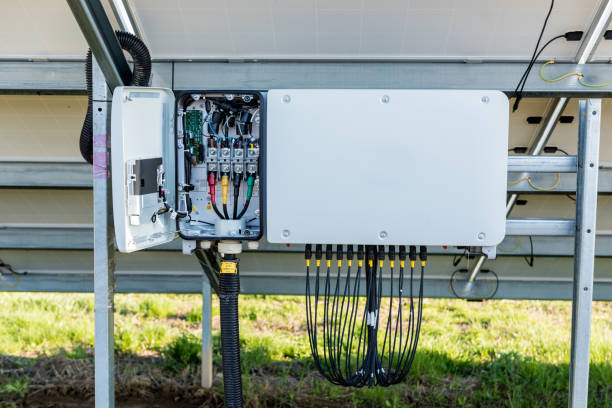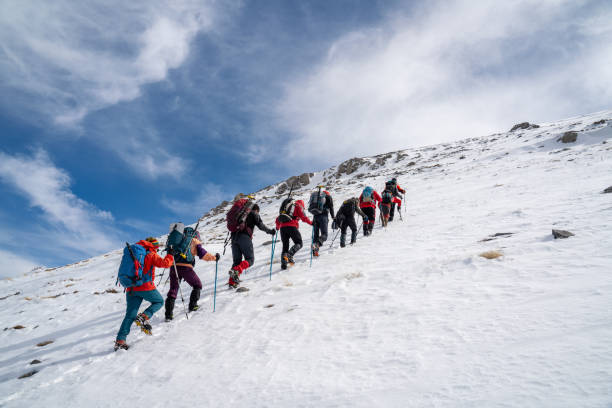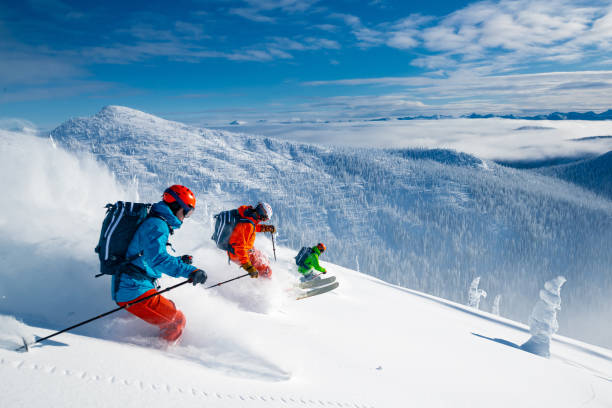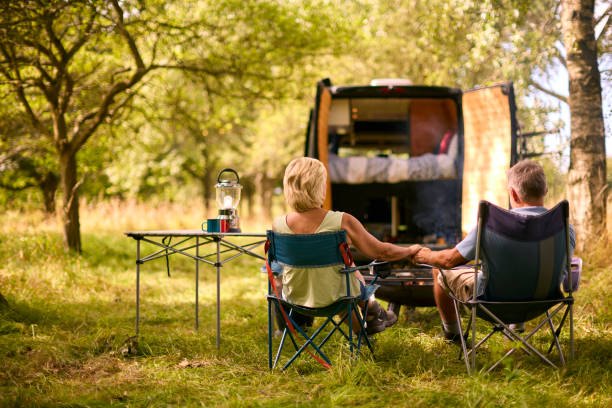Tips on Choosing and Buying Sleeping Bags
This post contains affiliate links. I may earn a commission at no extra cost to you if you make a purchase. Note that I’m not a health or outdoor safety professional, so further research is advised. Your support keeps Outdoors A-Z running—thank you! Read the full disclosure.. Read the full disclosure here.
A good night’s sleep is crucial for an enjoyable camping experience, and the right sleeping bag plays a pivotal role. This guide offers valuable tips on choosing and buying the perfect sleeping bag for your outdoor adventures.
Table of Contents
The Importance of a Good Sleeping Bag
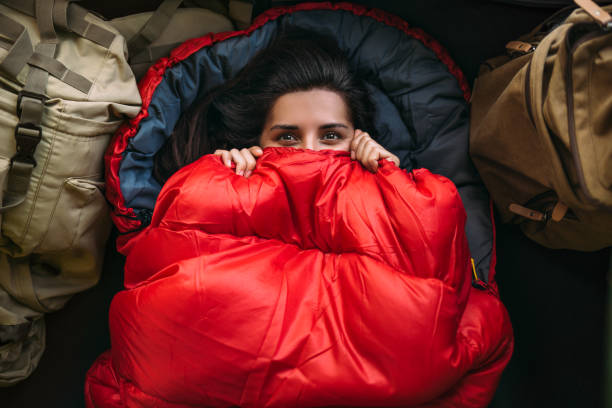
After a day of exploration, a comfortable and well-insulated sleeping bag provides the sanctuary needed for a restful night. The right sleeping bag not only keeps you warm but also enhances your overall camping experience.
Factors to Consider When Choosing a Sleeping Bag
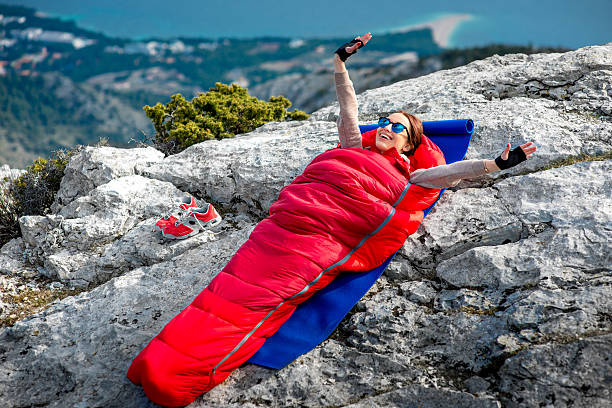
Mummy Bags
Mummy bags offer a snug fit, trapping body heat efficiently. Ideal for cold conditions, they reduce excess space, providing maximum warmth.
Rectangular Bags
Rectangular bags are spacious and versatile. They offer more freedom of movement, making them suitable for various sleeping positions.
Double Sleeping Bags
Perfect for couples or those who prefer extra room, double sleeping bags provide a shared sleeping space without compromising on warmth.
Temperature Ratings
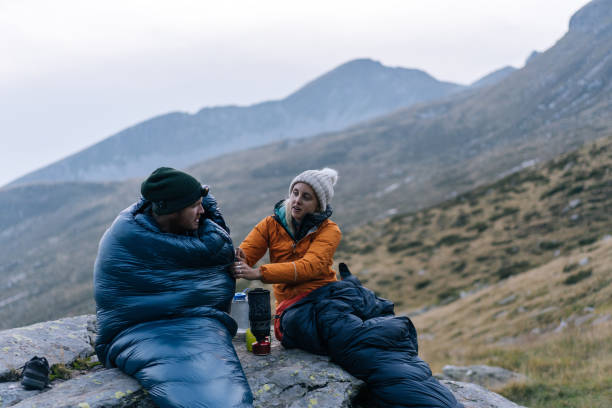
Understanding Temperature Ratings
Temperature ratings indicate the lowest temperature at which a sleeping bag will keep you warm. Consider the average low temperatures of your camping destinations.
Matching Ratings to Camping Conditions
Select a sleeping bag with a temperature rating slightly lower than the coldest temperature you expect to encounter. This ensures comfort in unexpected chilly nights.
Insulation Materials
Down Insulation
Down insulation provides excellent warmth-to-weight ratio. It’s compressible and durable but may lose effectiveness when wet.
Synthetic Insulation
Synthetic insulation performs well in damp conditions and dries quickly. While bulkier than down, it retains warmth even when wet.
Hybrid Insulation Options
Some sleeping bags combine down and synthetic materials, offering a balance of warmth, compressibility, and water resistance.
Weight and Packability
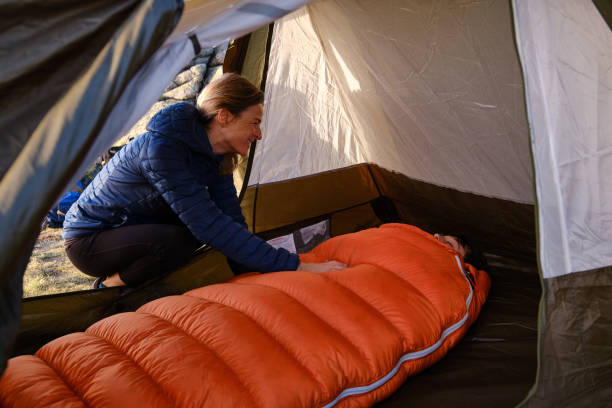
Balancing Weight and Warmth
Consider the weight of the sleeping bag, especially for backpacking. Ultralight options are available for those prioritizing minimal weight.
Compact Design for Easy Packing
Choose a sleeping bag that packs down easily. Compression sacks can further reduce the volume, making it convenient for packing in backpacks.
Ultralight Options for Backpackers
For backpackers, ultralight sleeping bags provide the necessary warmth without adding excessive weight to your pack.
Size and Fit
Choosing the Right Size
Ensure the sleeping bag is long enough to accommodate your height. Consider extra room if you like to move around or prefer a snug fit for maximum warmth.
Considering Extra Room vs. Snug Fit
Some campers prefer extra room for comfort, while others opt for a snug fit for better insulation. Choose based on personal preference.
Women’s and Kids’ Specific Sleeping Bags
Women’s and kids’ sleeping bags are designed with specific considerations for comfort and warmth. Consider these options for family camping.
Durability and Maintenance
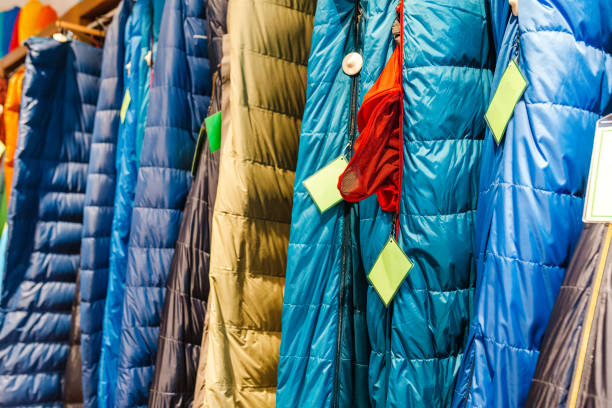
Durable Shell Materials
Look for sleeping bags with durable shell materials to withstand the rigors of outdoor use. Ripstop nylon and polyester are common choices.
Water-Resistant Features
Consider water-resistant features, especially if camping in wet conditions. A water-resistant shell helps prevent moisture from seeping into the insulation.
Cleaning and Maintenance Tips
Follow manufacturer guidelines for cleaning your sleeping bag. Regular maintenance ensures longevity and optimal performance.
Budget-Friendly Options
Finding Affordable Yet Quality Sleeping Bags
Quality doesn’t always come with a hefty price tag. Research and compare brands to find budget-friendly sleeping bags that meet your needs.
Balancing Cost and Features
Strike a balance between cost and features. Identify the essential features you need and invest wisely to get value for your money.
Brand Recommendations
Top Brands in the Sleeping Bag Market
Explore reputable brands known for producing high-quality sleeping bags. Customer reviews and ratings can guide you in choosing trusted brands.
Customer Reviews and Ratings
Real experiences from fellow campers provide insights into the performance of specific sleeping bag brands. Consider reviews when making your decision.
Essential Accessories
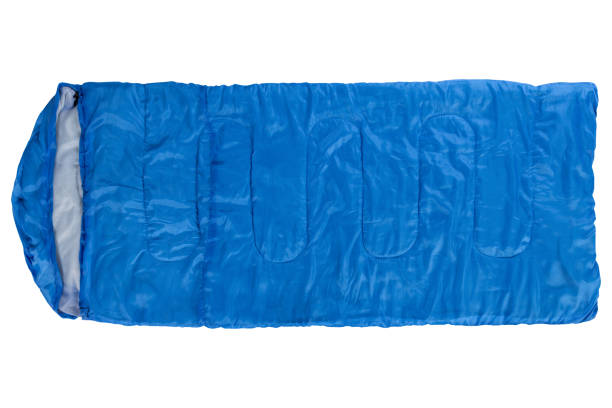
Sleeping Bag Liners
Enhance the warmth of your sleeping bag with liners. They also help keep the bag clean and extend its lifespan.
Compression Sacks
Compression sacks reduce the volume of your sleeping bag, making it easier to pack and carry. Consider these for efficient use of space.
Repair Kits
Carry a repair kit for quick fixes during camping trips. A small tear shouldn’t spoil your adventure if you’re prepared with a repair kit.
Sleeping Bag Alternatives
Quilts for Lightweight Camping
Quilts offer a lighter alternative to traditional sleeping bags. They provide insulation without the confinement of a full sleeping bag.
Sleeping Bag Pods and Systems
Pods and systems consist of integrated components for sleeping, providing an all-in-one solution for campers who prefer simplicity.
Personalized Preferences
Tailoring Choices to Individual Sleeping Habits
Consider your sleeping habits when choosing a sleeping bag. If you tend to move around, a roomier bag may be more suitable.
Considering Seasonal Variations
Adapt your sleeping bag choices to seasonal variations. Lightweight options work well for summer, while three-season or winter bags provide warmth in colder months.
Making the Purchase Decision
Summarizing Key Considerations
Review the key factors discussed to make an informed purchase decision. Consider the specific needs of your camping trips.
How to Finalize Your Purchase
Before finalizing your purchase, double-check your camping checklist. Ensure that your selected sleeping bag aligns with your camping requirements.
FAQs
How do I choose the right size of sleeping bag for my height?
Ensure the sleeping bag is at least a few inches longer than your height. This allows room for your head and feet without compromising warmth.
Can I use a sleeping bag liner with any sleeping bag?
Yes, sleeping bag liners are generally designed to be compatible with various sleeping bags, enhancing warmth and cleanliness.
What’s the difference between down and synthetic insulation?
Down insulation offers excellent warmth-to-weight ratio but may lose effectiveness when wet. Synthetic insulation performs well in damp conditions and dries quickly.
Are there sleeping bags suitable for warm summer nights?
Yes, lightweight and well-ventilated sleeping bags are designed for warm summer conditions, providing comfort without excessive warmth.
How can I maintain my sleeping bag during camping trips?
Follow the manufacturer’s cleaning instructions, avoid sleeping in dirty clothes, and use liners to minimize the need for frequent washing.







